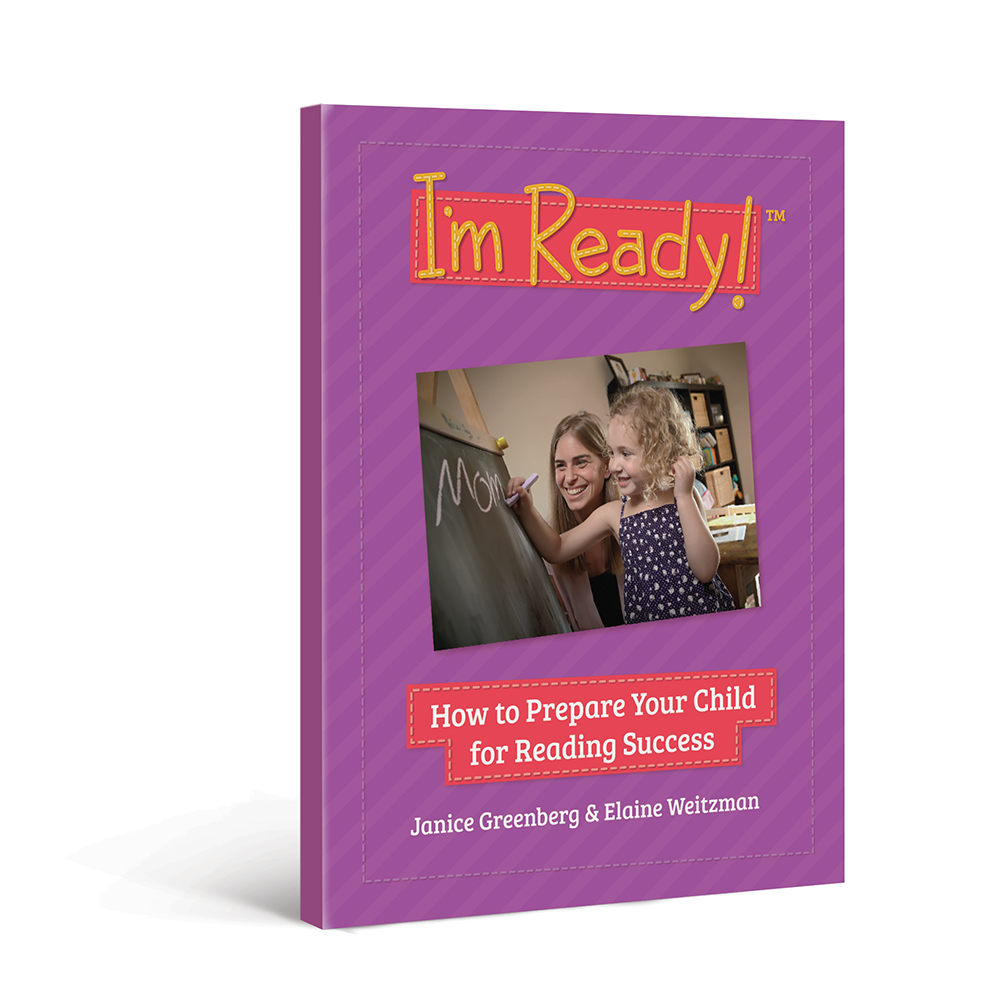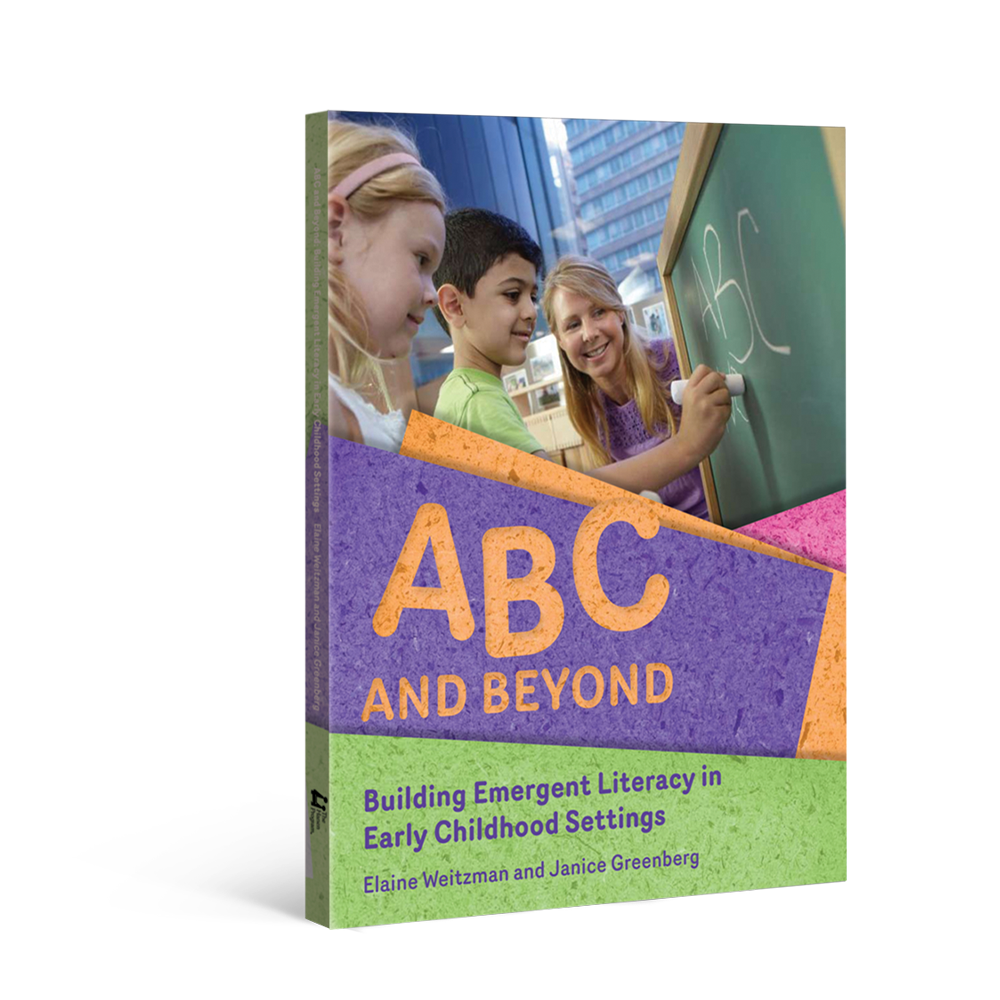This month's Book Nook topic is...
Building Perspective-taking Skills with A Birthday for Cow

An important part of understanding stories is recognizing that characters in a story have different thoughts and feelings that influence what they say and do. Recognizing that others may see the world from a different perspective is not only an important part of understanding what motivates characters in stories but is also an important part of understanding why the people in our lives act or respond the way they do. Book reading provides opportunities to talk about how we all see and experience the world differently. Here are a few tips for encouraging perspective-taking with children.
The Book:
A Birthday for Cow by Jan Thomas
Why we picked it
In this very funny book, Pig, Mouse and Duck plan a surprise birthday party for Cow. Pig and Mouse are "on the same page" in terms of what they want to give to Cow – a birthday cake. But Duck has a different idea of what Cow would like, and insists that they add a turnip. By the end of the book, the reader discovers that Cow does prefer turnips to cake, and that it was Duck who knew all along what Cow really wanted.
This is a great book for encouraging understanding that different people like different things and that we can sometimes be wrong if we assume someone likes something because we do or because lots of other people do. It also shows how we can make someone happy or change how they feel if we do something that shows we understand what they want.
Some strategies to encourage perspective-taking
As you flip through the book before sharing it with your child, think about where you might use the following strategies to encourage perspective-taking:
- Stress the words that describe the characters’ wants and thoughts –Think about the language you might use to draw your child’s attention to a character’s feelings or preferences, and remember to add emphasis to these words to make them stand out. For example, you could say:
- "Cow loves turnips."
- "Pig and Mouse didn’t know what Cow likes best."
- "Duck knew Cow prefers turnips."
- Use thinking-out-loud questions and comments –Think about the questions and comments you might use to help your child think actively about what the characters are thinking and feeling. For example:
- "I’m wondering why Duck really wants to give cow a turnip."
- "I think that cow liked the turnip best."
- "How do you think Cow feels?"
First reading
The first reading is all about getting your child familiar with the story. There's not a lot of text on each page, but reading it through will improve your child’s understanding of the context of the events in the book, and this is the first step in building story understanding.
In this reading, stress the words that demonstrate or imply the characters thoughts or feelings by changing the volume or intonation of your voice. These are examples of good words to stress:
- "Yippee"
- "Best… ever"
- "No…"
- "I know"
- "Look"
- "Think"
Re-reading
Once you feel that your child understands the basic storyline, you can start having conversations that encourage perspective-taking. Here are a few ideas to try:
- After each page, add a thinking-out-loud comment or question that highlights what a character might be wanting, thinking or feeling. For example:
- "I wonder why Pig and Duck are so excited?"
- "Mouse is holding up two eggs. How do you think Mouse feels?"
- "Duck is thinking a lot about that turnip."
- Point out the characters' facial expressions and talk about how they might be feeling. For example:
- "Pig and Mouse look excited about the cake, but Duck looks confused. I wonder what Duck is thinking about the cake."
- "Cow looks happy to have the turnip, but Pig and Mouse look sad. I think they might be disappointed that Cow isn't excited about the cake."
- Have a conversation about your child's experiences. Have they ever had to think about what others want or think? Has someone ever made a mistake about what they were thinking or wanting? You could ask questions and make comments like:
- "Have you ever had a birthday present you weren't so happy about?"
- "Last week I thought Bobby wanted to play with blocks before bed, but he really just wanted to read a bedtime story. I didn't know what he wanted that day."
- "Do you know what Bobby wants for his birthday?"
- "Have you ever felt as excited as Duck, Mouse and Pig?"
More Resources
The strategies in this Book Nook post are drawn from Hanen’s practical, research-based guidebooks for building emergent literacy. Explore the links below to learn more about how these guidebooks can support you.
For Parents I'm Ready! guidebook
I'm Ready! guidebook
For Educators ABC and Beyond guidebook
ABC and Beyond guidebook
